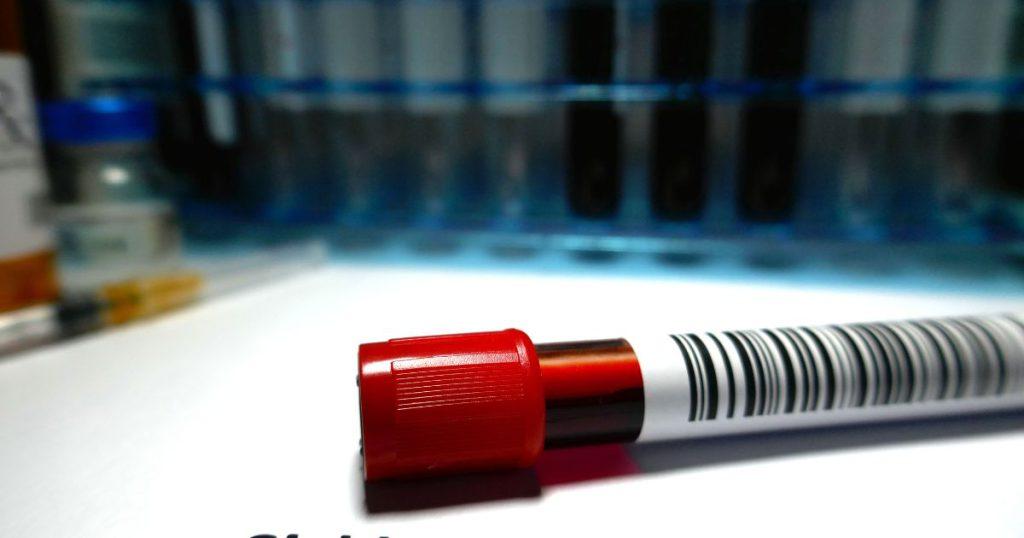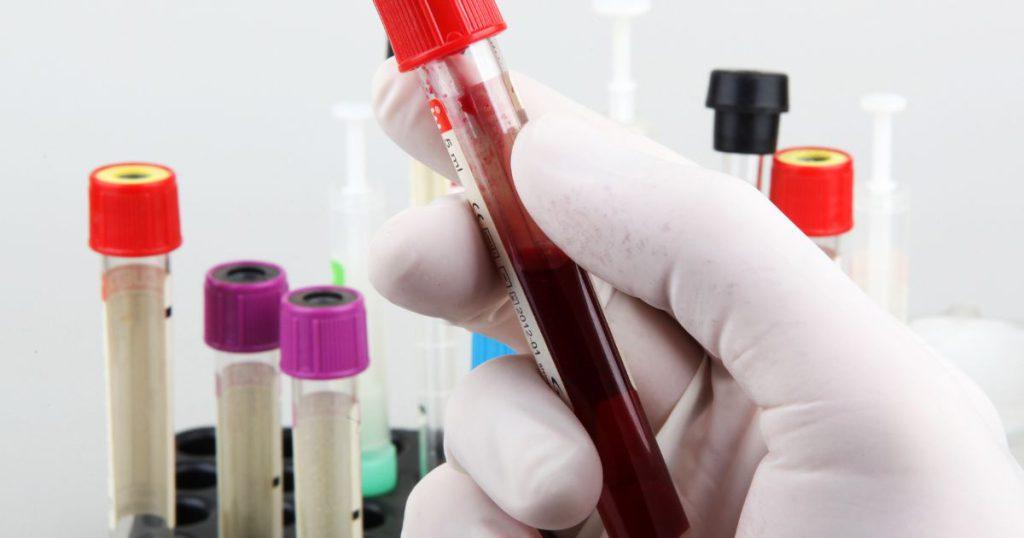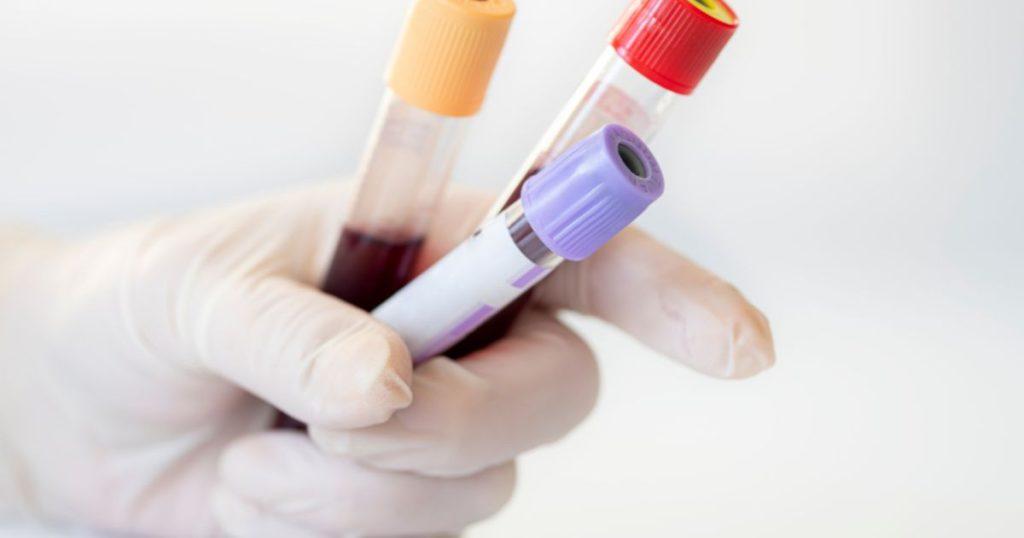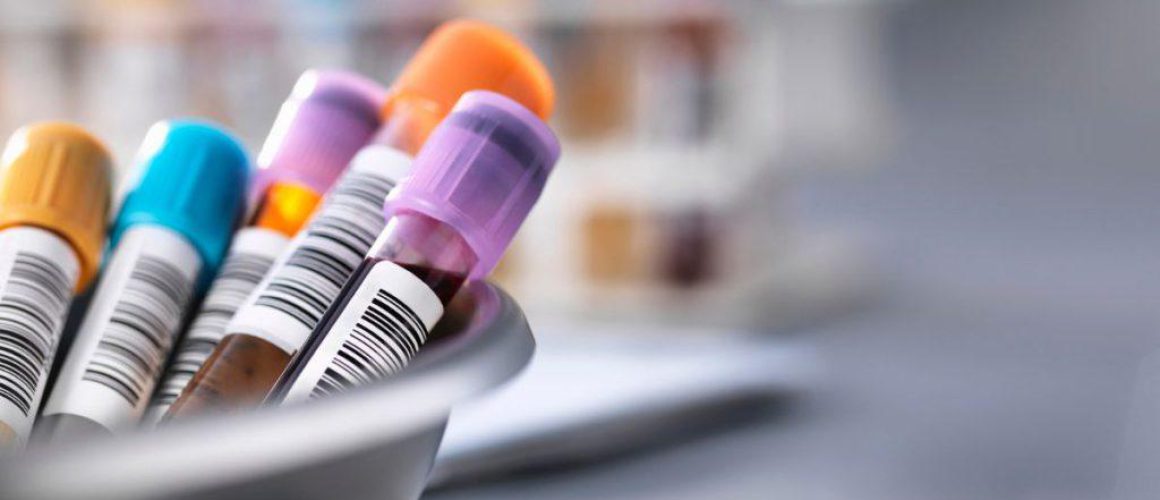Hematology: The Study of Blood and Its Disorders
Table of Contents
Welcome to our comprehensive guide on Hematology, the fascinating field of medicine that focuses on the study of blood, blood-forming organs, and blood diseases. This cornerstone page serves as your gateway to a wealth of knowledge about the components of blood, their functions, and the disorders that can affect them. Please note that this is a work in progress, and we will continue to add more informative and engaging content.

Basics of Hematology
This section covers the fundamental concepts in hematology, including the structure and function of different blood components, hematological reference ranges, and the process of hematopoiesis.
- Blood Components and Their Functions: Dive into the basics of hematology by learning about the different components of blood and their vital roles in our bodies.
- Erythrocyte Structure and Function: Discover the structure and function of erythrocytes, also known as red blood cells.
- Hematological Reference Ranges and Interpretation: Understand the normal ranges for various hematological parameters and how to interpret them.
- Hematopoiesis and Blood Cell Development: Explore the process of blood cell development, from stem cell to mature blood cell.
- Hemoglobin Structure and Oxygen Transport: Learn about the structure of hemoglobin and its crucial role in oxygen transport.
- Hemostasis and Blood Coagulation: Uncover the complex process of blood coagulation and how our bodies prevent excessive bleeding.
- Platelet Structure and Function: Delve into the world of platelets, tiny blood cells that play a key role in clot formation.
- White Blood Cell Types and Functions: Understand the different types of white blood cells and their roles in our immune system.

Blood Banking and Transfusion Medicine
Explore the intricacies of blood banking, including blood product preparation, storage, and the potential reactions and management strategies during blood transfusion.
- Blood Banking and Transfusion Medicine: Learn about the process of blood banking, from donation to transfusion.
- Blood Product Preparation and Storage: Discover how blood products are prepared and stored for transfusion.
- Blood Transfusion Reactions and Management: Understand the potential reactions to blood transfusion and how they are managed.
- Blood Types and Compatibility (Transfusion Medicine): Explore the different blood types and their importance in transfusion medicine.
- Ethical Considerations in Hematology and Blood Transfusion: Discuss the ethical issues surrounding hematology and blood transfusion.
Blood Disorders and Diseases
This section delves into the hematological aspects of various disorders and diseases, including autoimmune diseases, bleeding and clotting disorders, bone marrow failure syndromes, and more.
- Hematological Aspects of Various Disorders: Explore the hematological aspects of a wide range of disorders, including autoimmune diseases, bleeding and clotting disorders, bone marrow failure syndromes, infectious diseases, inherited disorders, and malignancies.
- Hematological Disorders: Unlocking the Mysteries of Blood: Delve deeper into the mysteries of blood disorders, from anemias to hemoglobinopathies and thrombosis.
- Hematological Effects of Drug Therapies and Nutritional Deficiencies: Understand how certain drug therapies and nutritional deficiencies can impact our blood health.

Diagnostic and Therapeutic Procedures in Hematology
Learn about the various diagnostic and therapeutic procedures used in hematology, such as anticoagulant therapies, blood cell morphology, bone marrow examination, coagulation tests, and more.
- Anticoagulant Therapies and Monitoring: Learn about the various anticoagulant therapies and how they are monitored.
- Blood Cell Morphology and Peripheral Blood Smears: Discover the importance of blood cell morphology and the use of peripheral blood smears in hematology.
- Bone Marrow Examination and Interpretation: Understand the process and significance of bone marrow examination.
- Coagulation Tests and Laboratory Monitoring: Explore the various coagulation tests and how they are monitored in the laboratory.
- Cytogenetics and Chromosomal Abnormalities: Delve into the world of cytogenetics and its role in identifying chromosomal abnormalities.
- Flow Cytometry in Hematology: Learn about the use of flow cytometry in the field of hematology.
- Hematological Aspects of Hematologic-Oncologic Therapies: Understand the hematological aspects of various hematologic-oncologic therapies.
- Hematological Aspects of Organ Dysfunction: Discover how organ dysfunction can impact our blood health.
- Hematological Emergencies and Critical Care Situations: Learn about the various hematological emergencies and how they are managed in critical care.
- Hematopoietic Stem Cell Transplantation: Understand the process and significance of hematopoietic stem cell transplantation.
- Immunophenotyping of Hematological Malignancies: Explore the role of immunophenotyping in the diagnosis and treatment of hematological malignancies.
- Laboratory Quality Control in Hematology: Learn about the importance of quality control in the hematology laboratory.
- Molecular Diagnostics in Hematology: Discover the role of molecular diagnostics in the field of hematology.
Hematology in Different Life Stages and Conditions
Understand how hematological changes occur in different life stages and conditions, including aging, pregnancy, and systemic diseases.
- Hematological Changes in Aging: Understand how aging can impact our blood health.
- Hematological Changes in Pregnancy: Learn about the changes that occur in our blood during pregnancy.
- Hematological Changes in Systemic Diseases: Discover how systemic diseases can affect our blood health.
Specific Blood Cells and Their Functions
This section focuses on the specific types of blood cells and their functions, including basophils, eosinophils, lymphocytes, monocytes, and neutrophils.
- Basophils and Mast Cells: Explore the roles of basophils and mast cells in our immune system.
- Eosinophils and Their Involvement in Allergic Reactions: Learn about eosinophils and their role in allergic reactions.
- Lymphocytes and Immune Responses: Understand the role of lymphocytes in our immune responses.
- Monocytes and Macrophages: Discover the roles of monocytes and macrophages in our immune system.
- Neutrophils and Their Role in Infection: Learn about neutrophils and their crucial role in fighting infections.
Career Prospects
Discover potential career paths in the field of hematology, such as becoming a blood bank technologist.
- Career Prospects: Blood Bank Technologist: Explore the rewarding career of a blood bank technologist, a key player in the field of hematology.
Stay tuned as we continue to expand this cornerstone page with more in-depth articles on each of these topics. Whether you’re a student, a healthcare professional, or simply someone interested in learning more about hematology, we hope this guide serves as a valuable resource for you.
If you find the captivating world of hematology as intriguing as I do, continue exploring this fascinating field. Visit my Hematology index page or the Hematology category for more in-depth articles and insights.
Further reading
American Society of Hematology – Hematology.org
Sean Schepers is a third-year Medical Technology student at Mahidol University with a passion for all things health and medicine. His journey into the world of medicine has led him to explore various fields. Sean's blog posts offer a unique perspective, combining his academic insights with personal experiences. When he's not studying or blogging, Sean enjoys keeping up with politics and planning his future career in medicine.
In addition to his studies, Sean serves as the chairman of the Rights, Liberties, and Welfare Committee, a role that reflects his commitment to advocacy and social justice. Beyond his academic pursuits, Sean offers tutoring services in English and Biology, further demonstrating his dedication to education and mentorship. His journey is one of continuous discovery, and he invites others to join him as he explores the dynamic and transformative world of medical technology.


